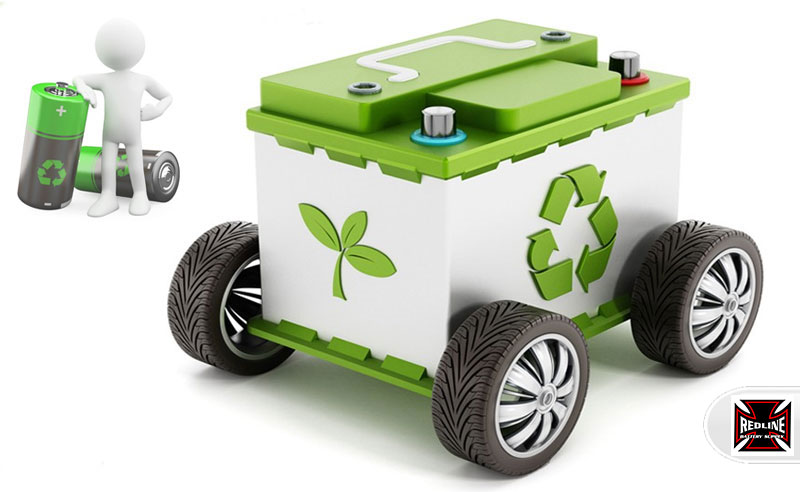
Overview:
Due to their high energy density and long lifespan, lithium batteries are becoming popular. However, choosing the right lithium battery can be a tricky task.
To help you make an informed decision, Redline Battery Supply offers some following expert tips to consider when selecting a lithium battery:
1. Determine the specific requirements of your application –
Consider factors such as voltage, capacity, size, weight, and operating temperature range.
2. Understand the different types of lithium batteries –
There are various types of lithium batteries available, such as lithium-ion, lithium polymer, and lithium iron phosphate.
3. Consider the safety features of the battery –
Look for batteries with built-in protection circuits to prevent overcharging, over-discharging, and short circuits.
4. Evaluate the reliability and reputation of the manufacturer –
Choose a reputable manufacturer with a track record of producing high-quality lithium batteries.
5. Check the certifications and ratings of the battery –
Look for batteries that meet industry standards and have been tested for safety and performance.
6. Consider the cost of the battery –
While price is an important factor, don’t compromise on quality for a lower cost. Invest in a high-quality battery that meets your requirements.
7. Evaluate the cycle life of the battery –
Check the number of charge/discharge cycles the battery can withstand before its capacity significantly decreases.
8. Consider the charging and discharging rates –
Choose a battery that can handle the charging and discharging rates required by your application.
9. Evaluate the environmental impact of the battery –
Look for batteries that are environmentally friendly and recyclable.
10. Seek expert advice –
If you’re unsure about which lithium battery to choose, consult with a battery specialist like Redline Battery Supply for personalized recommendations based on your specific requirements.
11. Consider the voltage requirements of your application –
Ensure that the battery you choose provides the correct voltage for your device or system.
12. Assess the energy density of the battery –
Look for batteries that offer high energy density for longer runtimes and improved performance.
13. Consider the weight and size of the battery –
Choose a battery that is compact and lightweight for easy installation and portability.
14. Evaluate the temperature range of the battery –
Select a battery that can operate effectively within the temperature range of your application, especially for extreme conditions.
15. Consider the warranty and after-sales support –
Choose a battery with a reliable warranty and manufacturer support in case of any issues or questions.
Conclusion:
By following these expert tips from Redline Battery Supply, you can select the right lithium battery for your specific application with confidence and peace of mind.
More News